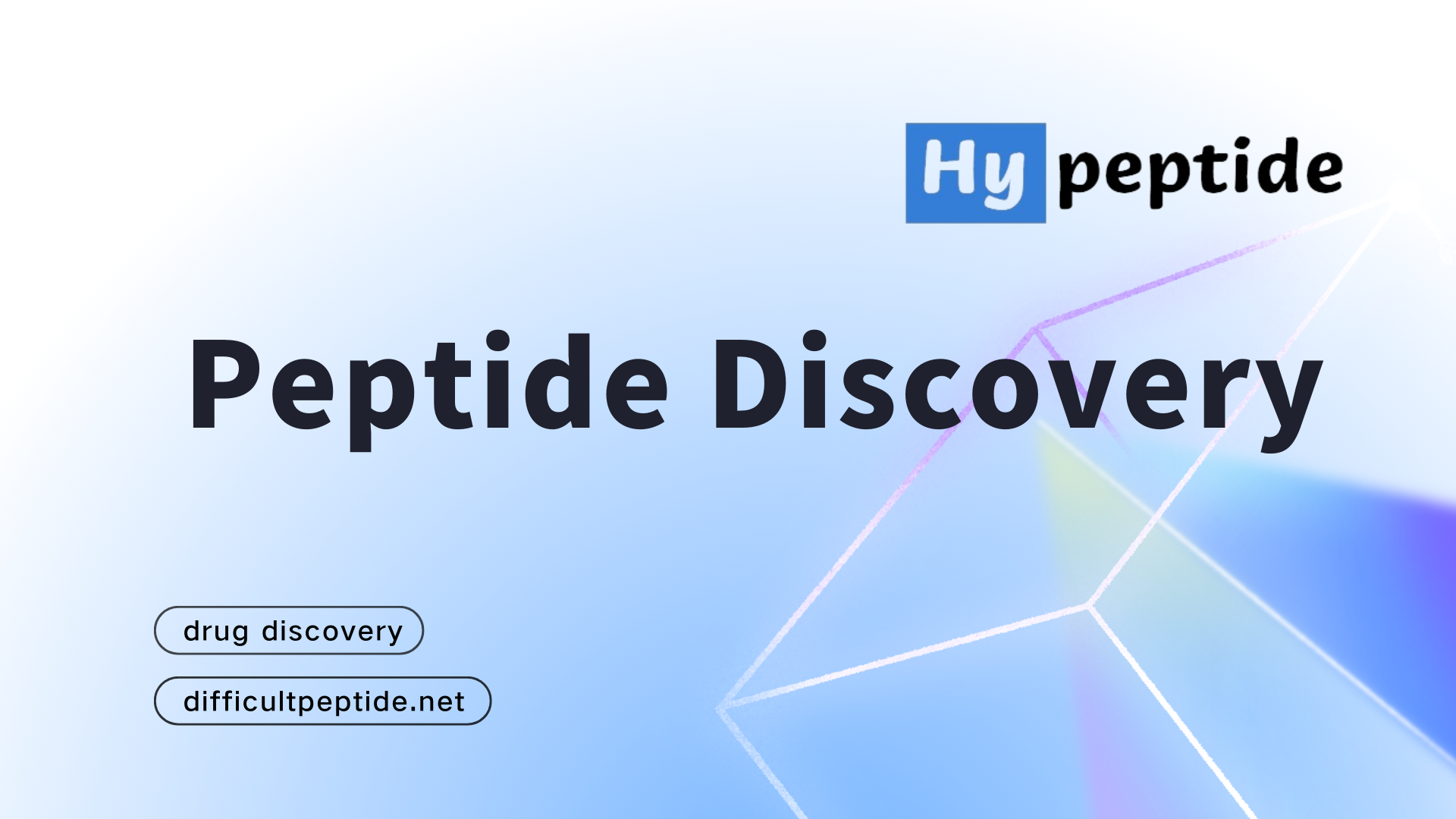
Revolutionizing Medicine: Exploring the Frontiers of Peptide Drug Discovery
Introduction:
In recent years, the field of drug discovery has witnessed a paradigm shift with the emergence of peptides as promising therapeutic agents. Peptide drug discovery represents a cutting-edge approach that holds immense potential for revolutionizing medicine. This article delves into the intricate world of peptide-based drugs, exploring their unique characteristics, mechanisms of action, and the transformative impact they have on the pharmaceutical landscape.
Section 1: The Rise of Peptide Therapeutics
Peptides, short chains of amino acids, have garnered increasing attention due to their diverse biological functions and high specificity. This section delves into the historical context of peptide therapeutics, highlighting key milestones and breakthroughs that have paved the way for their current prominence in drug discovery.
Section 2: Advantages of Peptide Drugs
Peptides offer a plethora of advantages over traditional small molecule drugs, ranging from enhanced target specificity to reduced side effects. This section elucidates the distinctive features of peptides as drug candidates, including their structural diversity, biological compatibility, and potential for personalized medicine applications.
Section 3: Mechanisms of Action
Understanding how peptides interact with biological targets is crucial for optimizing their therapeutic efficacy. This section explores various mechanisms of action employed by peptide drugs, such as receptor binding, enzymatic inhibition, and cell-penetrating properties. Case studies of successful peptide drugs will be discussed to illustrate their diverse applications.
Section 4: Challenges and Solutions in Peptide Drug Development
Despite their immense potential, peptide drugs face challenges such as poor stability, rapid degradation, and limited oral bioavailability. This section examines the hurdles in peptide drug development and explores innovative strategies and technologies aimed at overcoming these challenges. Topics include peptide engineering, formulation techniques, and delivery systems.
Section 5: Case Studies in Peptide Drug Discovery
Highlighting successful examples of peptide drugs in the market, this section profiles specific peptides that have made significant contributions to the pharmaceutical industry. Case studies will encompass a range of therapeutic areas, from oncology to neurodegenerative diseases, showcasing the versatility and efficacy of peptide-based interventions.
Section 6: Future Perspectives and Emerging Trends
Peptide drug discovery continues to evolve, with ongoing research pushing the boundaries of what is possible. This section provides insights into the future of peptide therapeutics, including emerging trends such as peptidomimetics, computational design, and the integration of artificial intelligence in peptide drug discovery.
Conclusion:
In conclusion, the exploration of peptide drug discovery opens new frontiers in medicine, offering hope for more effective and targeted treatments across various disease indications. As research in this field progresses, the potential for groundbreaking advancements remains high, solidifying peptides as a cornerstone in the future of pharmaceutical innovation.
Leave a Reply